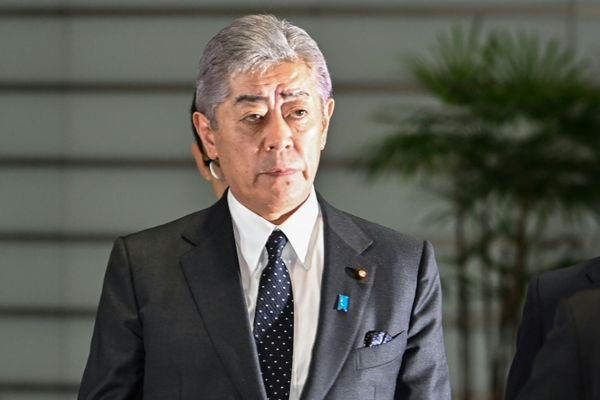Elon Musk doesn't give up.
It has always been like this.
In 2017, 2018 and 2019, the worst years in Tesla's (TSLA) history, many people sang the electric vehicle manufacturer's funeral oration.
"2017, '18, and 19 were three years, was the longest period of excruciating pain in my life. There wasn't any other way, and we barely made it. We were on the ragged edge of bankruptcy the entire time. It's not like I want pain. I don't like it. Those were the so much pain," Musk recounted recently in a Ted Talk interview.
But Musk continued to believe as Tesla struggled to mass-produce the Model 3, its entry-level model that would allow it to sell cars to large numbers of people beyond the upper social classes. News reports indicate that Musk had pledged his stake in Tesla to secure funding for Tesla operations from banks.
Three years later, Tesla dominates the electric vehicle market and is expected to produce some 1.42 million vehicles in 2022, according to industry sources. The automotive group has also become profitable and has a market capitalization of $1.01 trillion. How far we have come, from near bankruptcy to one of the largest companies in the world in terms of market cap.
Transparency Versus Secret Meetings
Currently, the serial entrepreneur finds himself in a difficult situation where the odds of winning are not very good, according to experts.
Elon Musk launched a $43 billion bid on April 14 at $54.20 per share to take control of Twitter (TWTR), of which he became the largest shareholder on April 4 after acquiring a 9.1% stake. He later rejected an agreement with the group under which he pledged to buy no more than 14.9% of Twitter until 2024 in exchange for a seat on the board.
But suddenly on April 9, the day that would have been his first board meeting as a member of the board, Musk announced that he was rejecting the deal. Five days later, he formalized his hostile takeover offer. Since then the board has adopted a "poison pill", a sort of mechanism reinforcing the rights of shareholders in order to thwart a hostile bid.
The plan is effective if a party acquires 15% of the stock without prior approval and aims to make sure that anyone taking control of Twitter through open market pays all shareholders an appropriate premium.
Faced with this opposition from within, Musk appears to have launched a public campaign on the social media to win public opinion for his bid.
Basically, the future of Twitter will be decided on Twitter. In doing so, Musk contrasts two images. That of transparency -- him of course -- which plays all his cards on the table against that of the system which plots in secret meetings.
Indeed, while the board of directors of Twitter holds meetings behind closed doors to discuss Musk's bid, the tech tycoon solicits users of the social network where he has more than 82.3 million followers, the equivalent of the population of Germany.
"I made an offer," the billionaire tweeted on April 14, with a link to the financial statement with all the details. Each user can thus consult the offer in question and form his own opinion whether it is fair or not.
As usual, Musk then held a poll to launch a public campaign against the board.
"Taking Twitter private at $54.20 should be up to shareholders, not the board," he asked.
Musk Plays the People Versus the System
Nearly 3 million Twitter users voted and an overwhelming majority said "yes," which is exactly what Musk wants. The richest man in the world then set out to respond to comments from Twitter users about the battle that now opposes him to management and the board of directors.
"Elon Musk is in for a bad time," one user posted on April 16. "I’m not sure he’s prepared to take on a couple PhDs, a few MBAs, and a Baroness who use Twitter once a year (to reset their passwords) and collectively own 77 shares of the company," he added with a photo with names of Twitter board members.
"Wow, with Jack departing, the Twitter board collectively owns almost no shares!" Musk responded, referring to Jack Dorsey, the founder and former CEO who left in November. Musk and Dorsey seem to be friends.
"Objectively, their economic interests are simply not aligned with shareholders," Musk added.
When another user asked if the board could be accused of "criminal negligence" because "they have threatened to dilute their shareholder's stake in the company," Musk has taken the defense of the board.
"In fairness to the Twitter board, this might be more of a concern about other potential bidders vs just me," Musk said.
The Bitcoin Archive account has organized a poll to ask users if they want Elon Musk to buy Twitter. It is important to note that Musk is a supporter of bitcoin.
"Thanks for the support!" the billionaire responded.
Musk also brought up a series of his tweets from 2017 in which he already seemed to be talking about the possibility of buying Twitter, a way to counter those who question his motives.
He himself commented on his tweets with an upside-down emoji.







